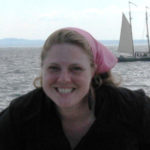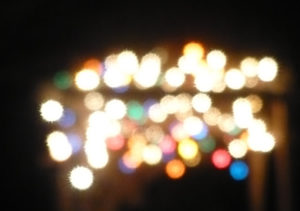The Half Life of Memory
By Lisa Polay, 2010
Found on halflifeofmemory.com via Wayback Machine
The rapid recent advancement of technology and its subsequent impact on biological science affects oral history in a way not yet realized, the consequences of which will amplify the individual voice, supplement biological memory, and shape the dynamics of interview practice. In this project, I convey salient historical and cultural interpretations on the nature of memory, including present responses from science, technology, and biological memory. I present a framework within which memory, like oral history, can navigate temporal and disciplinary boundaries. Finally, I explore the relationship between biological processes and rapid technological advances—and the considerations on future memory and identity.

Oral history is catalyzed by the ability of a narrator to situate and contextualize his/herself through time. Memory is the dynamic and fragile infrastructure of that collection process.
Lisa Polay’s graduate research began as a historiographical website examining the mechanical and cultural production of remembering and forgetting. From scientific theory through fiction, the site drew together memory research and theories across varying disciplines, highlighting the intersection of biology, neurology, culture and technology.
Trying to remember last Thursday and wondering how babies know how to use cellphones is all still a conundrum to her, as she continues to collect bits and pieces at halflifeofmemory.com. She supplemented her studies with courses in Medical Humanities and Organizational Sociology. Lisa is a member of the inaugural design team leading the IoT/Lincoln Center Film Festival collaboration through the Columbia Digital Storytelling Lab.
Lisa also teaches technology to older adults and listens to high school students through StoryCorps U. She recently completed an oral history for New England’s oldest art association and the collection is to be deposited in the New Hampshire State Archives. Those experiences informed a paper she presented at the 2015 OHMAR conference at Rutgers concerning cultural bias towards older adults with acute or chronic illness.
For over fifteen years, Lisa administered and cultivated cultural projects: first through several years in advertising and then throughout a decade at The Museum of Modern Art. None of this had anything to do with going to Columbia University to study oral history, yet all of it has informed her scholarship. Her work has brought her across the globe—to all the continents and many of their countries—yet four places escaped any route: Russia, Ireland, Hawaii and North Dakota. Mystery still beckons.
